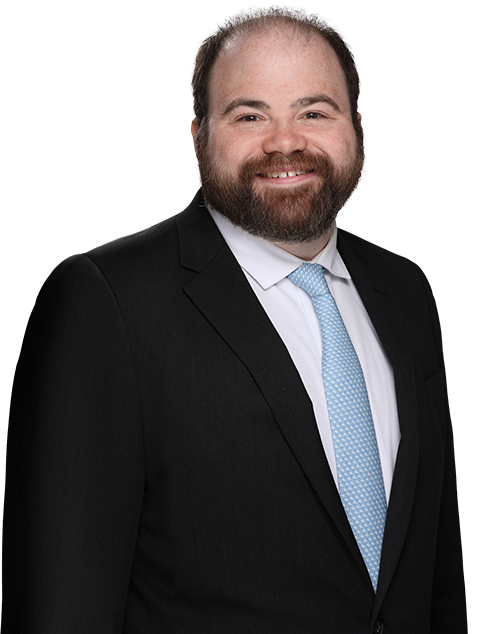Practices
Related Practices
Horvitz & Levy convinced the Court of Appeal to issue a writ of mandate directing the trial court to grant summary judgment in favor of a hospital on the ground that the plaintiff’s purported expert was unqualified and failed to offer competent expert testimony.
The plaintiff’s son died while being treated for a traumatic brain injury at San Antonio Regional Hospital (SARH). Plaintiff brought a wrongful death action against the hospital alleging medical malpractice. SARH moved for summary judgment, arguing that plaintiff could not prove that his son’s death was the result of malpractice. The plaintiff opposed the motion by relying on a declaration from a nurse anesthetist. The trial court found the nurse’s declaration demonstrated triable issues about the standard of care and causation elements of the plaintiff’s claim, and it denied the motion.
Horvitz & Levy filed a writ petition challenging the superior court’s denial of summary judgment. We emphasized that the trial court failed to perform its gatekeeping role to exclude unsupported expert testimony, as required by the California Supreme Court’s opinion in Sargon Enterprises v. University of Southern California (2012) 55 Cal.4th 747. At the summary judgment hearing, the trial court made comments indicating it believed that the expert admissibility standards at summary judgment are different than at trial. We argued that when properly applied Sargon renders the nurse’s testimony inadmissible. The Court of Appeal agreed. Initially, the Court of Appeal requested supplemental briefing on whether Health and Safety Code, section 1799.110 bars the plaintiff’s claim because that statute requires expert testimony from a physician when the negligence claim involves emergency treatment. In its opinion, the court decided not to address this statute because of a split of authority on the scope of section 1799.110. Instead, the court held that the plaintiff’s expert was unqualified and failed to produce competent expert testimony on the standard of care and causation. The Court of Appeal directed the trial court to grant summary judgment in SARH’s favor.



